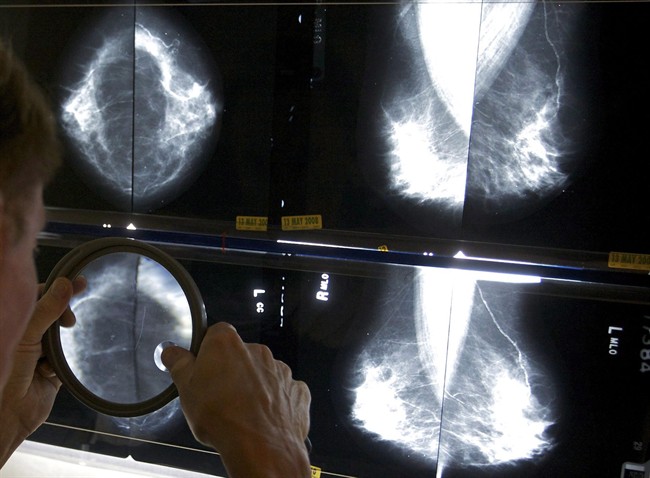TORONTO – Young cancer survivors may have beaten their disease, but new Canadian research is warning that this group encounters more hospitalizations than their healthy peers, even two decades after they’re declared cancer-free.

Scientists out of St. Michael’s Hospital and the Institute for Clinical Evaluative Sciences say that young cancer survivors – between 20 and 44 years old – are hospitalized 1.5 times as often as their counterparts who haven’t had to battle the disease. The average varies depending on the type of cancer, too.
“Cancer has a major impact on anyone who is diagnosed with it. It’s an earthshattering thing to hear that you have cancer but this particular group has a different experience. It’s not expected at this time in their lives, they feel their lives have been put on hold, they’re trying to start families, get their career going and so many things are put on hold,” lead researcher, Dr. Nancy Baxter, told Global News. She’s a colorectal surgeon at St. Michael’s Hospital and a senior scientist with ICES.
READ MORE: New Canadian guidelines for doctors, young women with breast cancer
- Canadian man dies during Texas Ironman event. His widow wants answers as to why
- ‘Sciatica was gone’: hospital performs robot-assisted spinal surgery in Canadian first
- Canadians more likely to eat food past best-before date. What are the risks?
- Treatment from female doctors leads to lower death rates, study finds
Baxter and her team decided to zero in on young adults who beat cancer because they’re an often overlooked group. There is plenty of research on infants and children with cancer, and adults in the later stages of life dealing with cancer, but scientists are only starting to shed light on youth, who have distinct needs.
She says the Canadian research is the largest study ever published on young adults who’ve survived the disease. Her team looked at Ontario Cancer Registry data from 1992 to 1999 – 20,275 people who had their first cancer diagnosis between 20 and 44 and had lived for five years cancer-free were included in the study. That’s every cancer survivor in that age group in Ontario. Their health trajectories were compared to another 101,344 healthy counterparts.
Turns out, the cancer survivors ended up in hospital more than the control group across the board for every ailment. The difference between the two groups only began to taper out at the two-decade mark.
Melanoma, testicular cancer and thyroid cancers garnered lower disparities between the two groups. But cancers like leukemia, bladder, kidney, colorectal and brain, led to rates of hospitalization that were twice as high as the control group.
READ MORE: Children’s cancer wing transforms into superhero ward offering ‘superformula’ chemotherapy
“For some cancers, it’s a good news story. Lots of people with thyroid or testicular cancer, those commonly occur in young adults, and these patients seem to do very well and it may be because their surgeries don’t involve body cavities. Their cancer is removed and they go about their normal lives,” Baxter explained.
What’s sparking this increase in hospitalizations could be complications stemming from their treatment, Baxter suggests. Patients could have problems with their gastrointestinal tract due to surgery, or chemotherapy and radiation could have tampered with their immunity, as examples.
These results are akin to what researchers have documented previously among infants and kids with cancer. As much as two-thirds of childhood cancer survivors grapple with long-term complications from their surgery, chemotherapy or radiation used to fight their disease.
READ MORE: Personalized cancer care: Treating the ‘new face’ of lung cancer in Canada
Baxter says her research could encourage doctors to think of ways to minimize the long-term consequences of treatment while toppling over patients’ disease. It could also shine a spotlight on young cancer survivors, addressing the gaps in care they may need as they carry on with their lives post-disease.
The team plans to study a portion of the group’s records closely – they want to identify diagnosis, treatment and hospitalizations that followed after patients survived their cancer to see how therapy affected their health outcomes. That way, doctors could learn more about how specific treatments could lead to certain issues later on in life.
Baxter’s full findings were published Monday afternoon in the Journal of Clinical Oncology. Read the full findings here.
carmen.chai@globalnews.ca




Comments